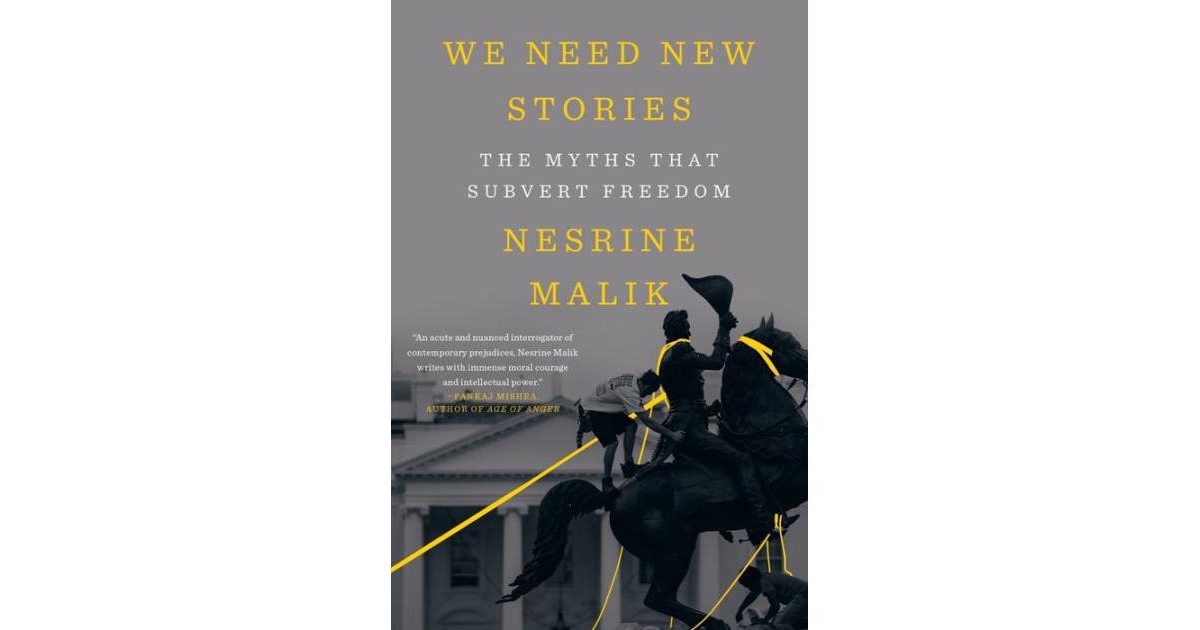Named a Most Anticipated Book of Spring 2021 by Publishers Weekly A rigorous examination of six political myths used to deflect and discredit demands for social justice. In 2016, presidential candidate Donald Trump declared- "I think the big problem this country has is being politically correct. " Reeling from his victory, Democrats blamed the corrosive effect of "identity politics. " When banned from Twitter for inciting violence, Trump and his supporters claimed that the measure was an assault on "free speech. " In We Need New Stories, Nesrine Malik explains that all of these arguments are political myths-variations on the lie that American values are under assault. Exploring how these and other common political myths function, she breaks down how they are employed to subvert calls for equality from historically disenfranchised groups. Interweaving reportage with an incendiary analysis of American history and politics, she offers a compelling account of how calls to preserve "free speech" are used against the vulnerable, how a fixation with "wokeness," "political correctness," and "cancel culture" is in fact an organized and well-funded campaign by elites, and how the fear of racial minorities and their "identity politics" obscures the biggest threat of all-white terrorism. What emerges is a radical framework for understanding the crises roiling American contemporary politics.











